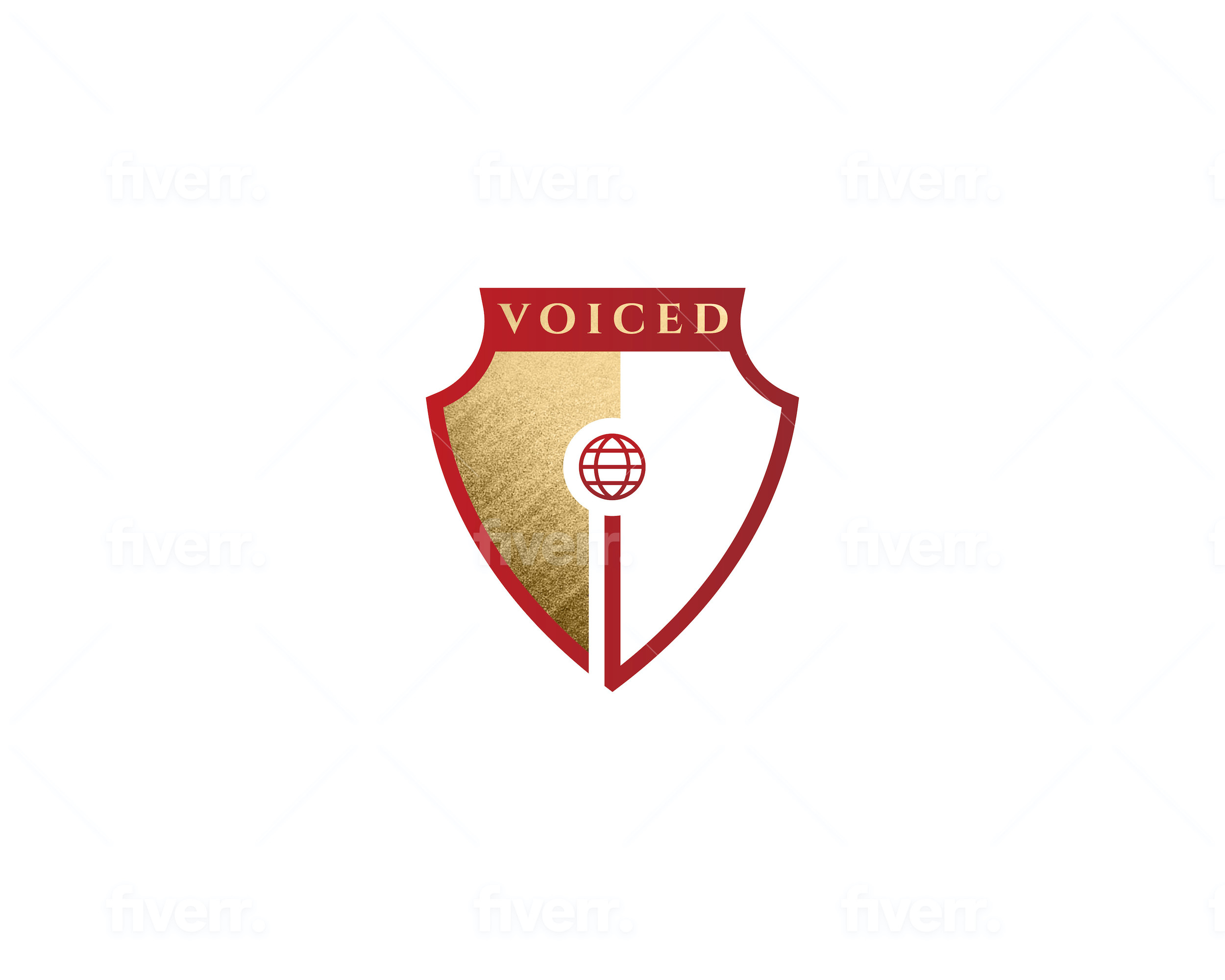I still remember how students during my school years prepared for SAT Vocabulary skills, or having anything to do with word power. We sat down with a dictionary, mostly during the summer, and practiced every word ten or more times. It worked, I must say; however, it is a slow process, fit for different times. Today, students do not have to sit and recite the Websters to gain a steller vocabulary. Luckily, there are many books and various resources that can aid in achieving a steller vocabulary and a nearly perfect SAT Vocabulary score. Although, increasing word knowledge and vocabulary power is not as difficult or as time consuming as it used to be, a student should still take the time to follow the process in learning and make it a long-term goal, instead of a last-minute cram. There are two main approaches to vocabulary building; long term skill building, and quick study. The ideal way to prepare for any kind of vocabulary mastery is to master both of these approaches, but the most important of the two is a concentration on developing skills, especially when it applies to the SAT Vocabulary.Many students begin preparing for the standardized testing ahead of time, hoping to understand the structure of the test or to pick up a few strategies on the way of how to think like the test makers, hence, finding a way to outwit the testing algorithms. The so called “short cuts” and “clever strategies” that are promised by many companies and test makers rarely work. In fact, the danger is that they can give the student a false sense of security, making them think that it is not about accumulating knowledge but about the test structure instead. Even if you can learn how to outwit the testmakers in a seminar or in a short course, it is very unlikely that you will get a grasp of the English language in a such a short amount of time and understand not only the vocabulary definitions, but other aspects of the English language that are critical to success. Many aspects of the English language come with prolonged word usage, understanding of synonyms and antonyms, roots, and word origin, all elements which cannot be developed in a few afternoons. A good time to start SAT Vocabulary preparation is when you first begin to read. However, if you somehow weren’t thinking about the big test while getting through your first Dr. Seuss book all by yourself, it is not too late (unless it is a month before graduation). The best way to develop an SAT Vocabulary, and a good working vocabulary for any purpose, is to read good books, underline unfamiliar words, and keep a notebook filled with new words you have learned.As a part of the Academic Writing class, all students at VoicED study advanced vocabulary from classical roots. The students have a goal to learn two or three new words every day. Additionally, the students receive a reading list with recommend books that aid with comprehension and building vocabulary. Learning not only the definition of words, but how to use them in a sentence or in your ordinary life, will not only successfully pave the path to college, but will make the course work easier once in college.My extensive research shows that the test-makers have favorite word list of words that are used repeatedly. I would advise anyone getting serious about words to go to https://VoicED.academy website and download the list. Learning these words, and more, will help tremendously, but I am far from suggesting that it will be sufficient to crack the perfect score. The staff who create the English sections are English teachers and professors who know how to spot redundancy when they see it. Common sense should tell you that, if a certain word is used all of the time on a test, those making the test would spot this and avoid these common words.Also, it is reasonable to imagine that the testmakers read these SAT Vocabulary lists and avoid using many of these words, so students can be rewarded for having a good working vocabulary and not for merely memorizing a list.If you find that your vocabulary holds you back, you need to invest time to develop a strong foundation. And this isn’t a skill that can be mastered simply by learning a formula or a technique. Serious working habits, daily practice of usage, understanding of roots, suffixes, and prefixes are a proven methods for many students to increase their scores.
How to Get SAT Vocabulary Power Skills
by mgencheva | Oct 30, 2019 | Uncategorized | 0 comments
